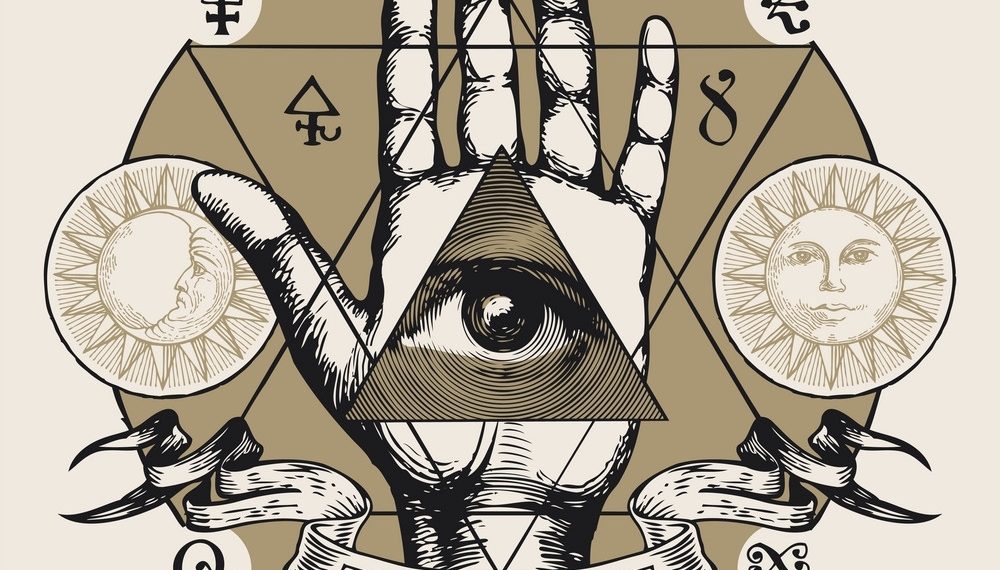In January 2010, an elderly woman just shy of her 101st birthday died of injuries sustained from a fall, and with her passing went the last living link to the story of Anne Frank and her family’s struggle to survive the Holocaust.

Miep Gies, was the trusted office worker in Otto Franks’ pectin business whose own story has rarely been told, without whom Anne Frank’s diary would never have seen the light of day. Finally, she gets her well-deserved spotlight in the eight-part National Geographic series, A Small Light now streaming on Hulu, Disney+, Amazon Prime and various other streaming services.
Chronicling Gies, a Dutch woman who risked her life to shelter Anne Frank’s family from the Nazis for more than two years, the story covers her progression from an afterthought hire in Mr. Frank’s company to the family’s trusted protector and friend during their desperate existence hidden in a secret suite of rooms in the shadow of the Nazi occupation of Holland.
Covered as well is Miep’s own back story. Once a malnourished child turned over to foster parents by a mother who could not afford to care for her, Miep grew up understanding what it’s like to have one’s existence dependent utterly on the kindness of strangers.
The experience doubtless allowed her to empathize with the plight of the Franks, the four others sharing their hideout, and the other Jewish families she and her husband Jan helped during those dark years.
The viewer knows from the beginning that the Franks and their friends are doomed and that Miep’efforts and those of her coworkers who share the secret will ultimately and tragically fail. There is, therefore, a feeling of dark inevitability as each episode unfolds to the next. Series creators Tony Phelan and Joan Rater know they are telling a story not so much to entertain as to enlighten.
We watch with unwanted prescience the adolescent squabbles between Anne (played by newcomer Billie Boulet) and her sister Margot (Ashley Brooke), the attempts, often futile, by Otto Frank (Liev Schreiber) to keep the family on an even keel, and the joy at the news of the Allied invasion to liberate Europe. We know how it will all turn out, but we remain glued to the screen. It’s not the story that engages us as much as the character and courage of those swept up in it.
Bel Powley as Miep brilliantly navigates the character arc from irresponsible waif to guardian angel, while Joe Cole as Jan Gies, her husband and partner in the resistance, portrays with restrained power the formerly quiet man inspired by a love of his wife and devotion to his country to take risks at which most others would shrink.
Billie Boulet, possibly the only actress to portray the most famous child of the past century as a supporting not lead role, perfectly captures the adolescent mosaic of tears, temper, and girl-into-womanhood passion mixed in with the flash of genius that was Anne Frank. Schreiber as Anne’s father Otto adds to his legend with another vibrant and informed character study, giving himself utterly over to his subject.
Miep Gies had the presence of mind, even in her grief, to search through the remains of the secret annex for anything of worth that the Gestapo may have overlooked. And there in the rubble, she found Anne’s diary, preserving it and then turning it over to Otto Frank when he returned home, the family’s sole survivor of the Holocaust. Without that spur-of-the-moment decision, the world would have been denied Anne Frank’s spirit, her words and her story of hope in the throes of desperation.
Miep received awards, orders of merit, medals and other honors for her courage and sacrifice—even having a minor planet named after her. While grateful for the acclaim, she felt embarrassed nonetheless. “I am not a hero,” she would insist. “I am not a special person. I don’t want attention. I did what any decent person would have done.”
But by shining the light on her and what she did, National Geographic’s series puts the lie to Mrs. Gies’ protest. Whether she knew it or not, she was a special person, and thanks to the creators and artists of A Small Light, the world can now know it too.
_______________
From its beginnings, the Church of Scientology has recognized that freedom of religion is a fundamental human right. In a world where conflicts are often traceable to intolerance of others’ religious beliefs and practices, the Church has, for more than 50 years, made the preservation of religious liberty an overriding concern.
The Church publishes this blog to help create a better understanding of the freedom of religion and belief and provide news on religious freedom and issues affecting this freedom around the world.
The Founder of the Scientology religion is L. Ron Hubbard and Mr. David Miscavige is the religion’s ecclesiastical leader.
For more information visit the Scientology website or Scientology Network.
DOWNLOAD THE WHITEPAPER

